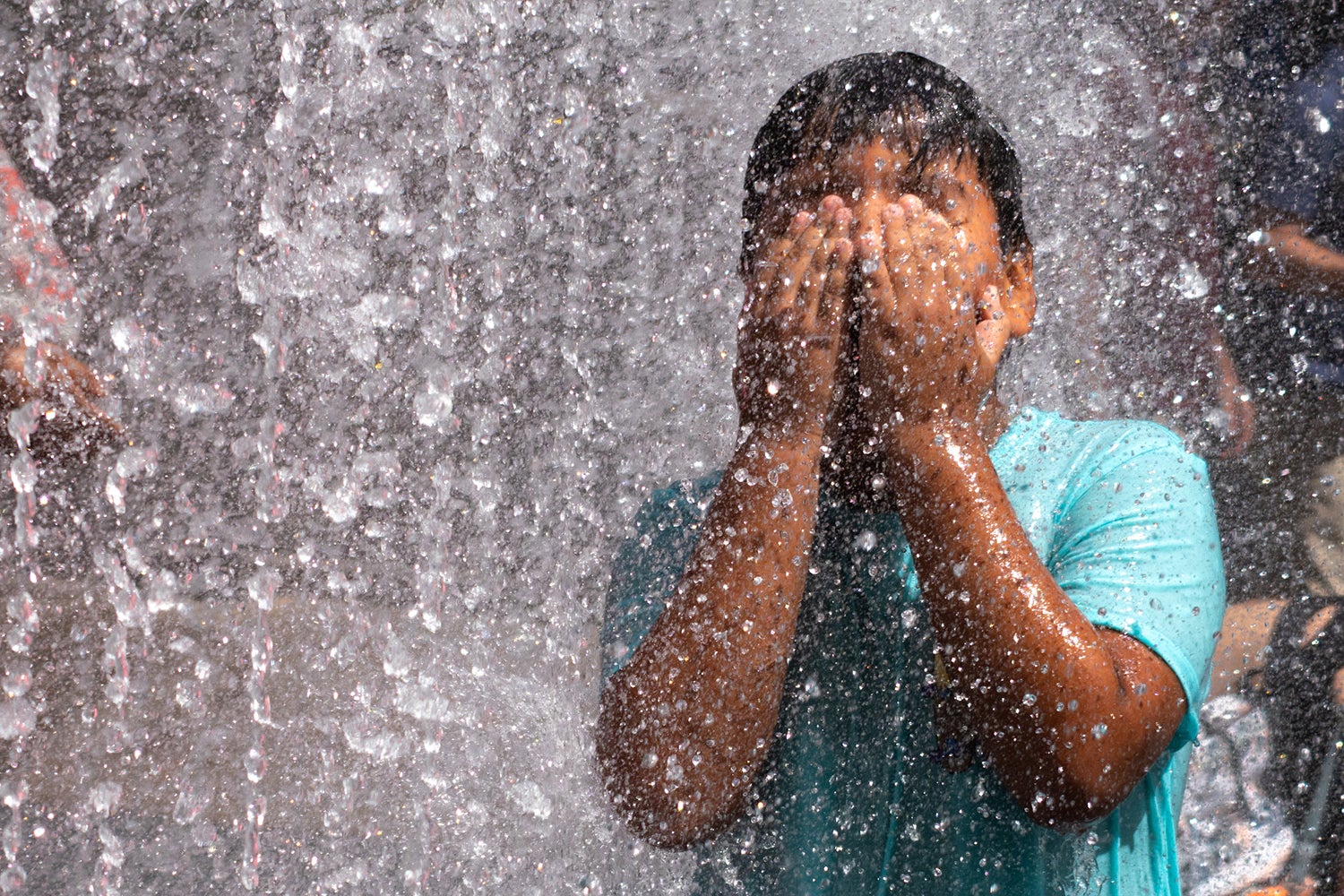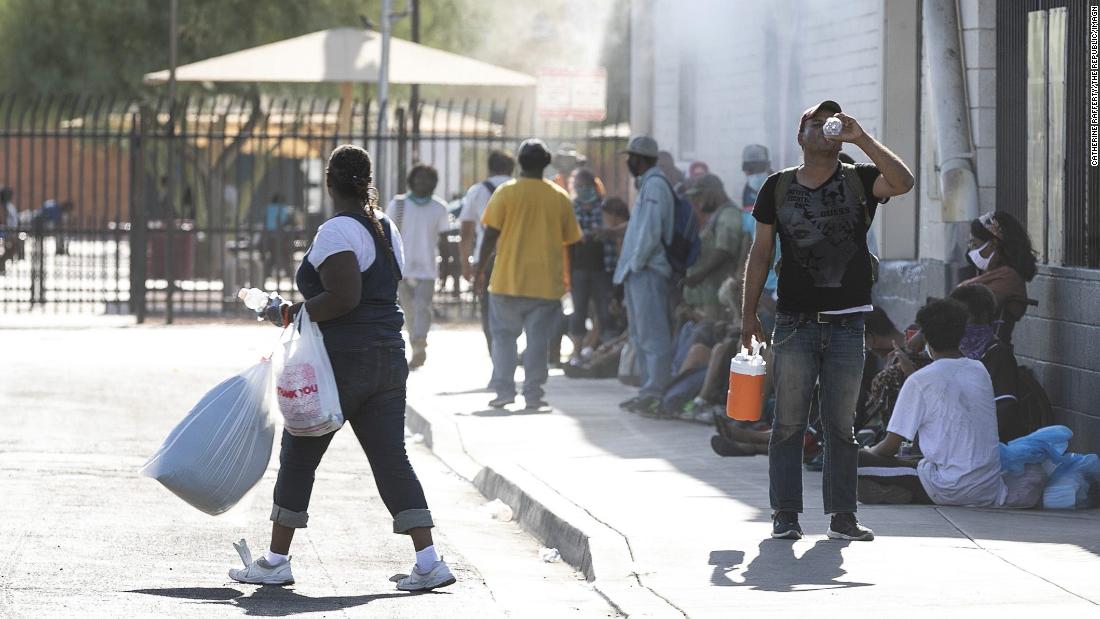Extreme heat poses significant dangers, especially for those who are socially isolated, as highlighted by experts. People living alone are particularly vulnerable during heatwaves, as they are more likely to suffer without others checking on their well-being.
Sociologist Eric Klinenberg has emphasized that societies unprepared for such heatwaves can exacerbate their deadly impact, as shown by data from recent heat events in Europe and the US, where isolated individuals, including the elderly and the poor, were most at risk.
Klinenberg’s research, including his study of the 1995 Chicago heatwave, underscores how social isolation can be fatal during extreme heat. Many of the deaths during this event occurred among individuals who were socially isolated, living alone, and without anyone to assist them.
These individuals often died in their homes, trapped in unbearably hot environments. This situation is exacerbated by the difficulty many people face in recognizing the signs of heat illness in themselves, making isolation even more dangerous.

In response to these findings, some cities are beginning to take action. For instance, New York City’s Be a Buddy program, inspired by Klinenberg’s work, aims to strengthen social bonds by having volunteers check on vulnerable residents during heatwaves.
Similarly, Philadelphia has implemented a program where volunteers, known as “block captains,” monitor the well-being of residents during extreme heat, providing them with vital information and resources, which has been shown to reduce heat-related deaths.
Baltimore has also developed strategies to mitigate the risks of extreme heat, especially for those who are isolated. The city uses a combination of alerts and community partnerships to reach those without access to mobile phones or reliable transportation. Organizations in low-income neighborhoods play a crucial role in providing water, cooling, and other resources directly to residents, building on existing trust within these communities.
Despite these interventions, experts argue that more systemic changes are necessary to effectively combat the dangers of extreme heat. The lack of investment in public spaces like parks and libraries, particularly in poorer neighborhoods, contributes to social isolation and increases vulnerability to heat. Enhancing social cohesion and public infrastructure is critical for making cities more resilient to heatwaves.
Addressing urban poverty and climate change with greater urgency is essential to protect vulnerable populations from extreme heat. The failure to adequately invest in both social support systems and climate resilience measures has left many people, especially the elderly and the poor, at significant risk as global temperatures continue to rise. Comprehensive efforts are needed to safeguard these communities and improve their resilience to extreme weather events.

